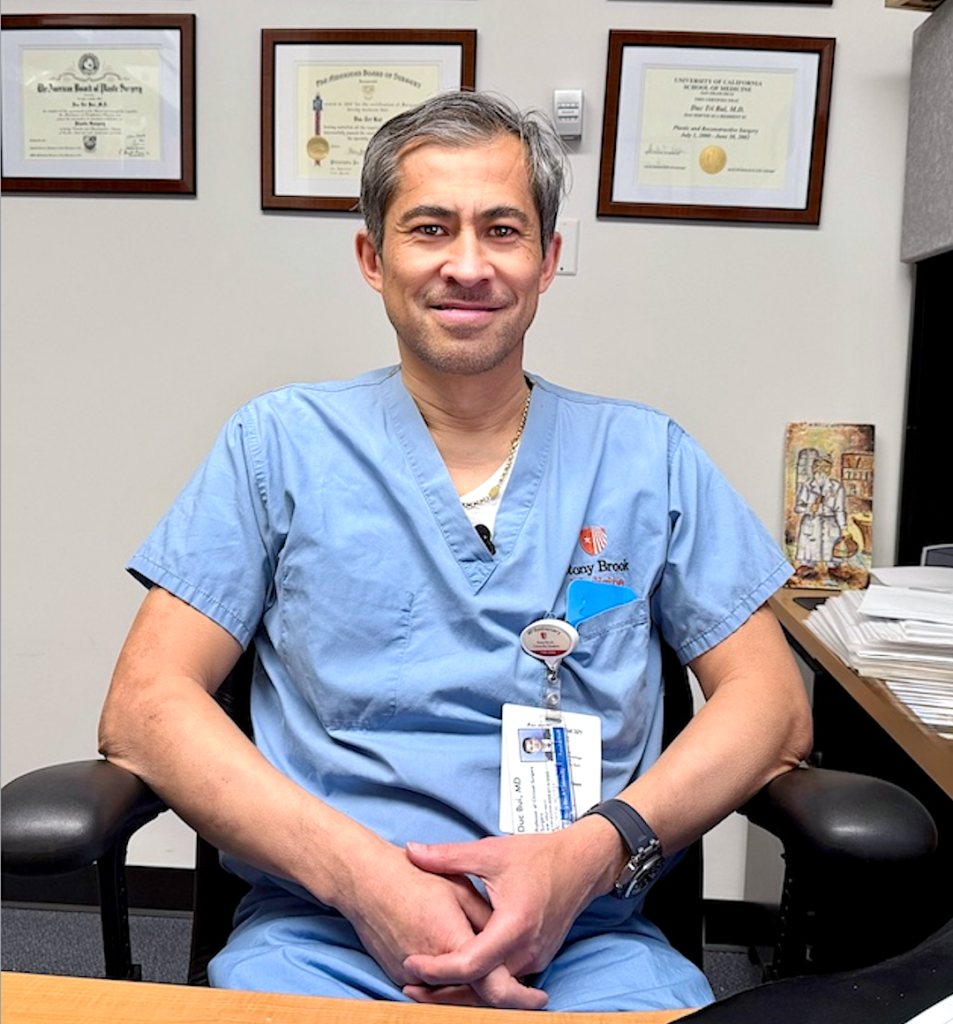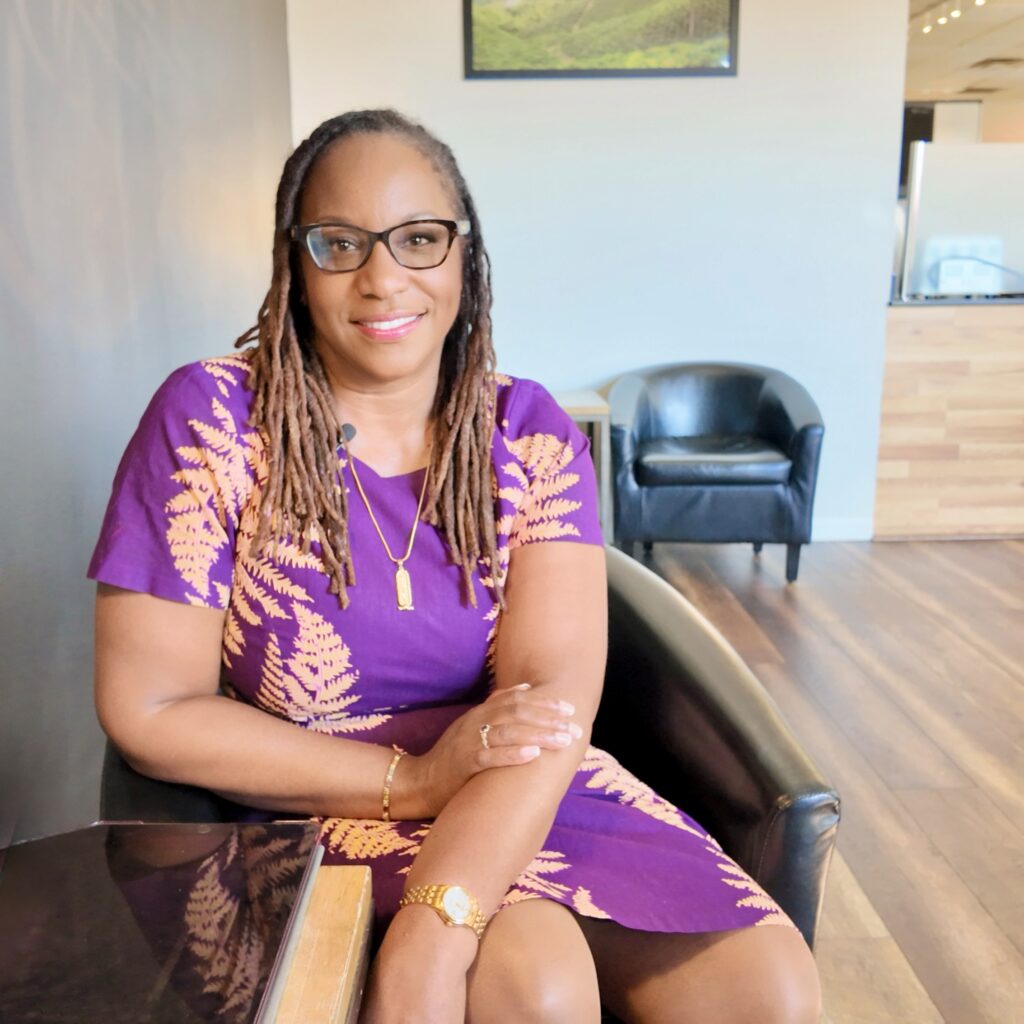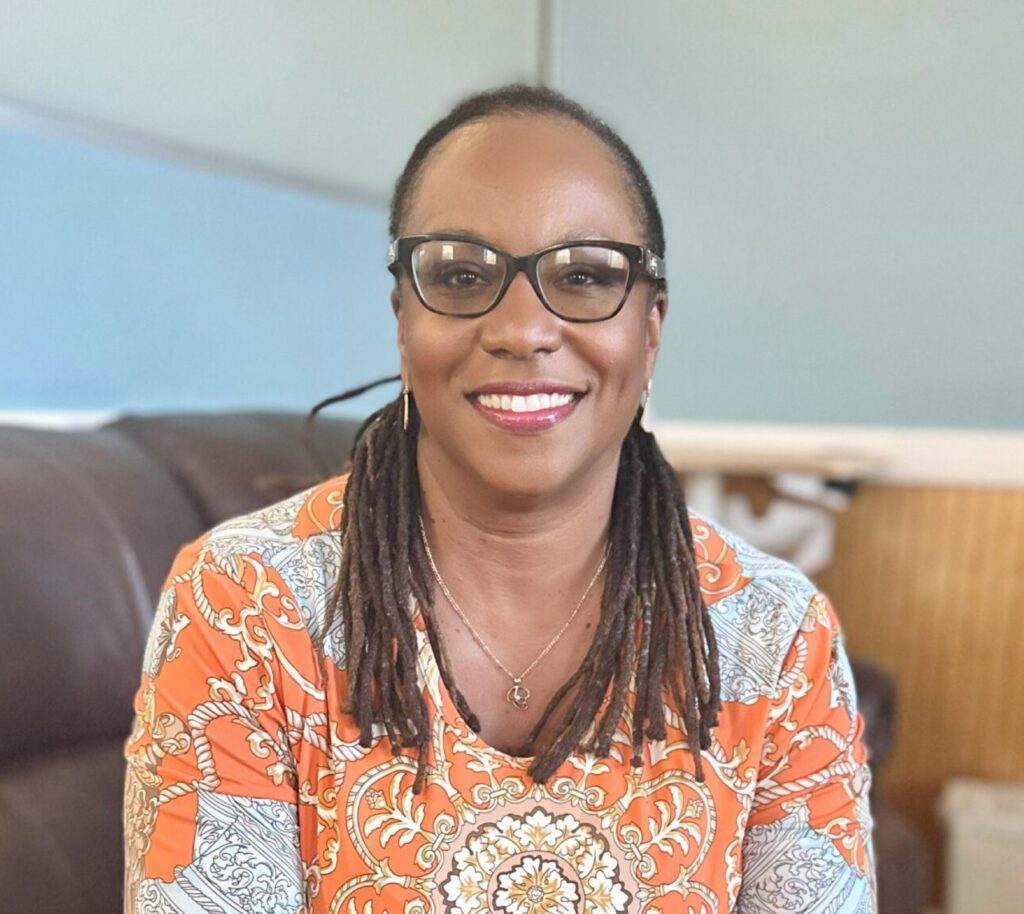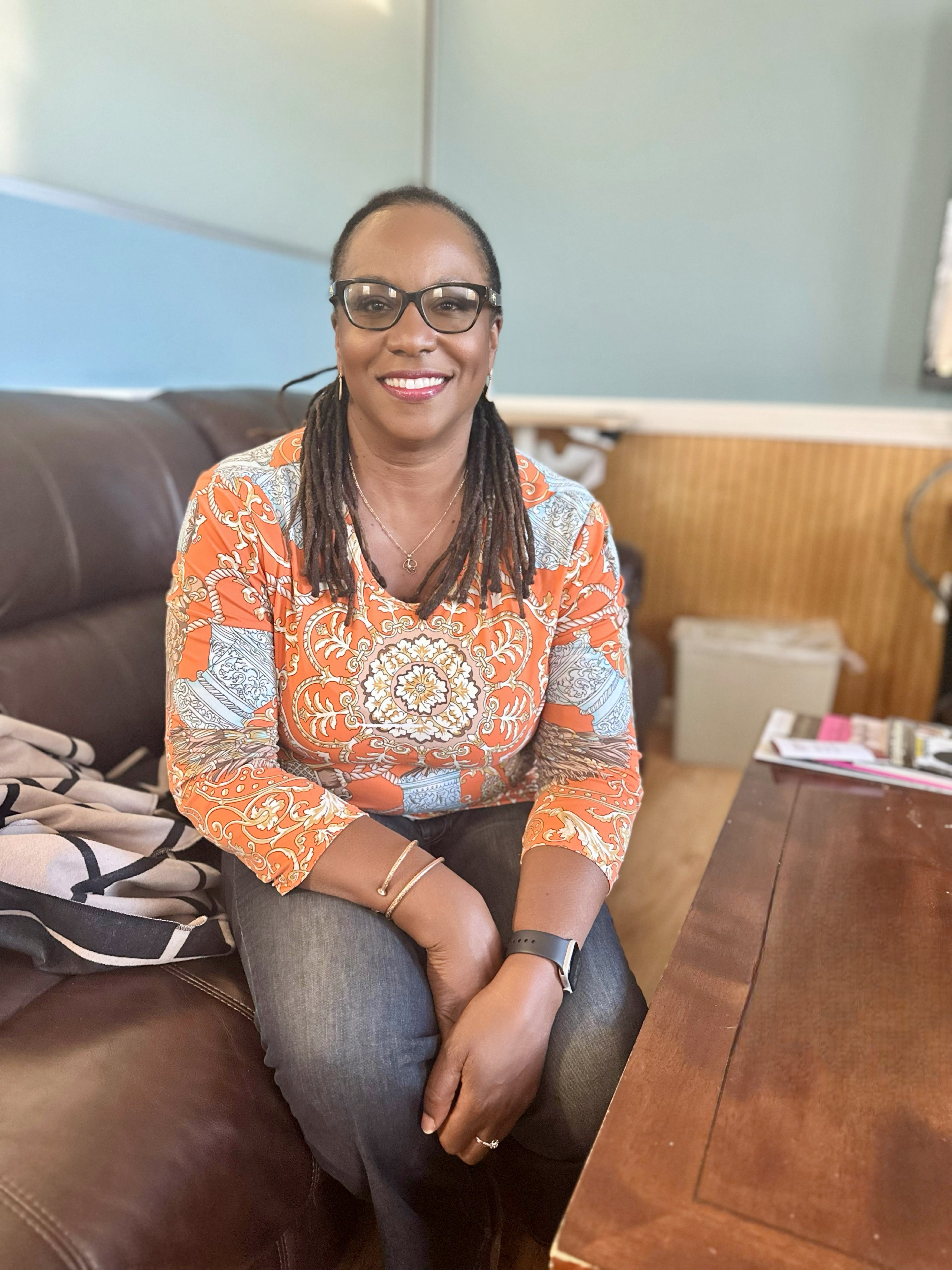Women’s Health: Breast Reduction Surgery: What Every Woman Should Know
Breast reduction surgery, also known as reduction mammoplasty, is a life-changing procedure for many women. Beyond the aesthetic benefits, it often dramatically improves physical comfort, emotional well-being, and overall quality of life. If you’re considering this procedure—or just curious—this guide will walk you through the most important things to know, including insights from Dr. Duc Bui, a leading plastic surgeon at Stony Brook Hospital.
My Story: Why I Chose Breast Reduction
I recently made the decision to have breast reduction surgery—and my life has changed for the better. Before my surgery, I experienced constant back pain, difficulty exercising, and trouble finding clothing that fit comfortably. Many women who had the surgery shared with me that their only regret was waiting too long. For me, however, I truly felt that I had my surgery at the right time in my life.
I am incredibly grateful to Dr. Bui for not only his surgical expertise but also his kindness, thoroughness, and support throughout my journey. Thank you, Dr. Bui, for changing my life.
Who Is a Good Candidate for Breast Reduction Surgery?
To better understand who might benefit from this procedure, I asked Dr. Bui:
Dr. Bui:
“A good candidate for Breast Reduction is someone experiencing physical symptoms like back, neck, and shoulder pain, or lifestyle limitations due to the size of their breasts. It’s also common for women to seek reduction for emotional reasons, such as self-consciousness or difficulty finding clothing. Breast reduction isn’t just cosmetic—it can truly enhance daily living and health.”
Common reasons women consider Breast Reduction surgery include:
• Chronic pain and poor posture
• Difficulty with physical activity
• Skin irritation or rashes
• Emotional distress and low self-esteem
What Should Women Expect During Breast Reduction Recovery?
Recovery is an important part of the process. Dr. Bui explained:
Dr. Bui said most women need at least one to two weeks off work, depending on their job. You’ll experience swelling, some soreness, and fatigue at first. It’s important to avoid heavy lifting and strenuous exercise for about four to six weeks. We guide patients carefully through each stage of healing to ensure the best results.”
Planning ahead for help at home and allowing your body the time it needs to heal is key for a smooth recovery.
Risks and Long-Term Considerations
Breast reduction is very safe, but like any surgery, it comes with considerations. Dr. Bui shared some important insights:
Dr. Bui:
Breastfeeding after breast reduction can be possible, but it may be impacted depending on the surgical method and how much tissue is removed. Weight gain or significant hormonal changes—like menopause—can also affect your breast size and shape long-term. We talk through these factors during consultations so women can make fully informed decisions.”
Women should also be aware that while results are long-lasting, aging, gravity, and life changes will naturally influence breast shape over time.
How Does Insurance Work for Breast Reduction?
One of the most common questions women have is whether breast reduction is covered by insurance because this surgery can be very expensive. This was definitely an important question for me. Dr. Bui explained that if the procedure is deemed medically necessary, many insurance plans will cover it. We help patients submit documentation showing the medical need—like chronic pain or rashes. Each insurance company has different requirements, so early verification is important.”
Factors like documented symptoms, medical history, and proof that other treatments have failed often help secure coverage.
I asked Dr. Bui what questions should you ask your Plastic Surgeon
During your consultation, it’s important to feel empowered. Here are smart questions to ask, as suggested by Dr. Bui:
• Are you board-certified in plastic surgery?
• How much experience do you have specifically with breast reductions?
• What surgical techniques do you use, and why?
• What results can I realistically expect?
• How do you minimize scarring?
• What should I prepare for during recovery?
• What happens if there are complications?
Choosing a surgeon you trust and feel comfortable with makes all the difference.
How Menopause Affects Breast Reduction Decisions
If you’re nearing or going through menopause, you may wonder whether it’s still a good time for surgery.
Dr. Bui:
“Hormonal changes during menopause can cause the breasts to change size or lose firmness. However, many women still benefit greatly from reduction, particularly if they’re experiencing physical discomfort. During consultations, we discuss how future changes might affect long-term results and set appropriate expectations.”
Even after menopause, breast reduction can provide physical relief and improve quality of life.
Final Thoughts
Breast reduction is about much more than just aesthetics—it’s about feeling better physically, emotionally, and mentally. My personal journey, with the incredible support of Dr. Duc Bui and the team at Stony Brook Hospital, reaffirmed that this decision was one of the best I’ve ever made.
If you’re considering breast reduction, know that you’re not alone. Ask questions, gather information, and find a surgeon who listens carefully to your goals. When the time is right, this surgery can truly be life-changing.









